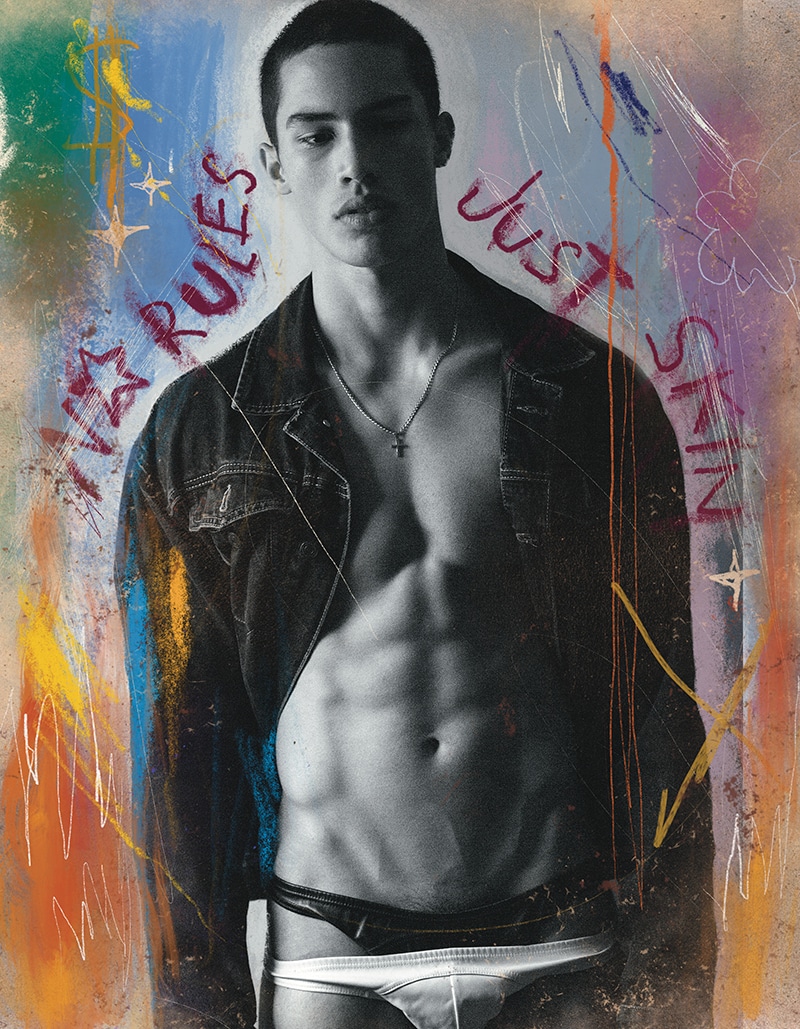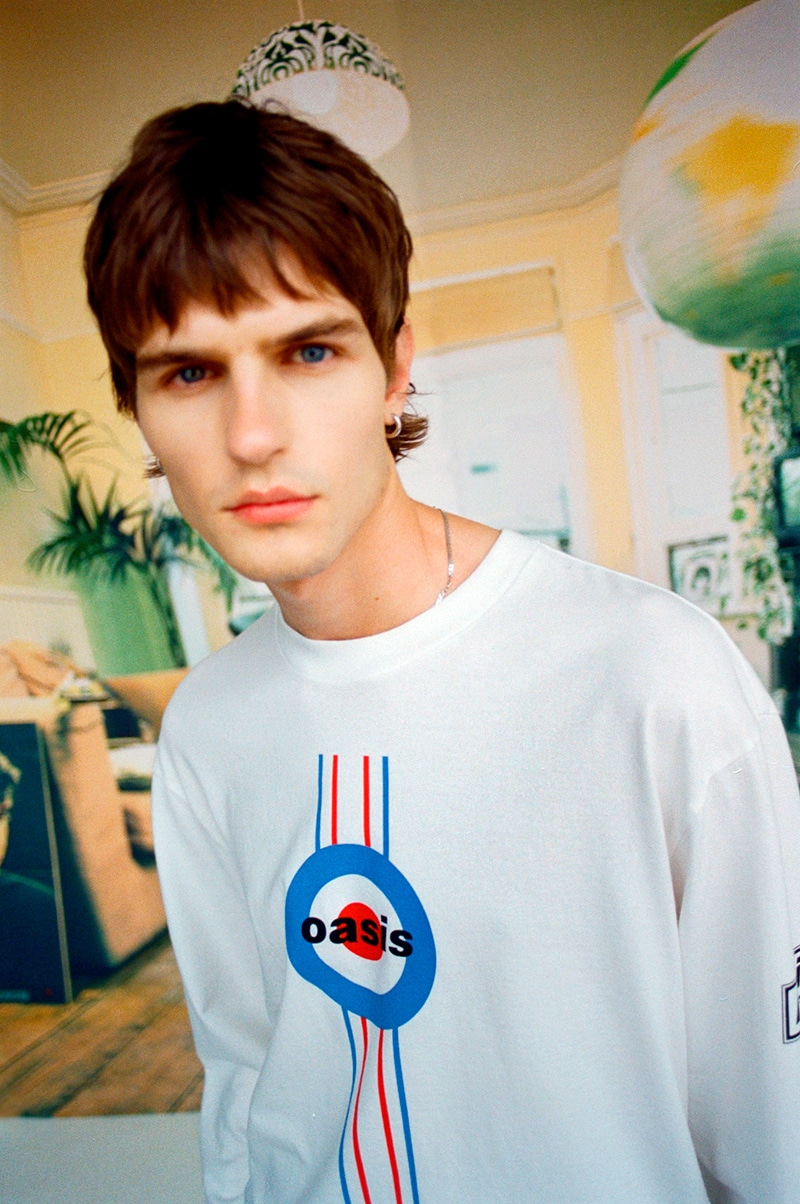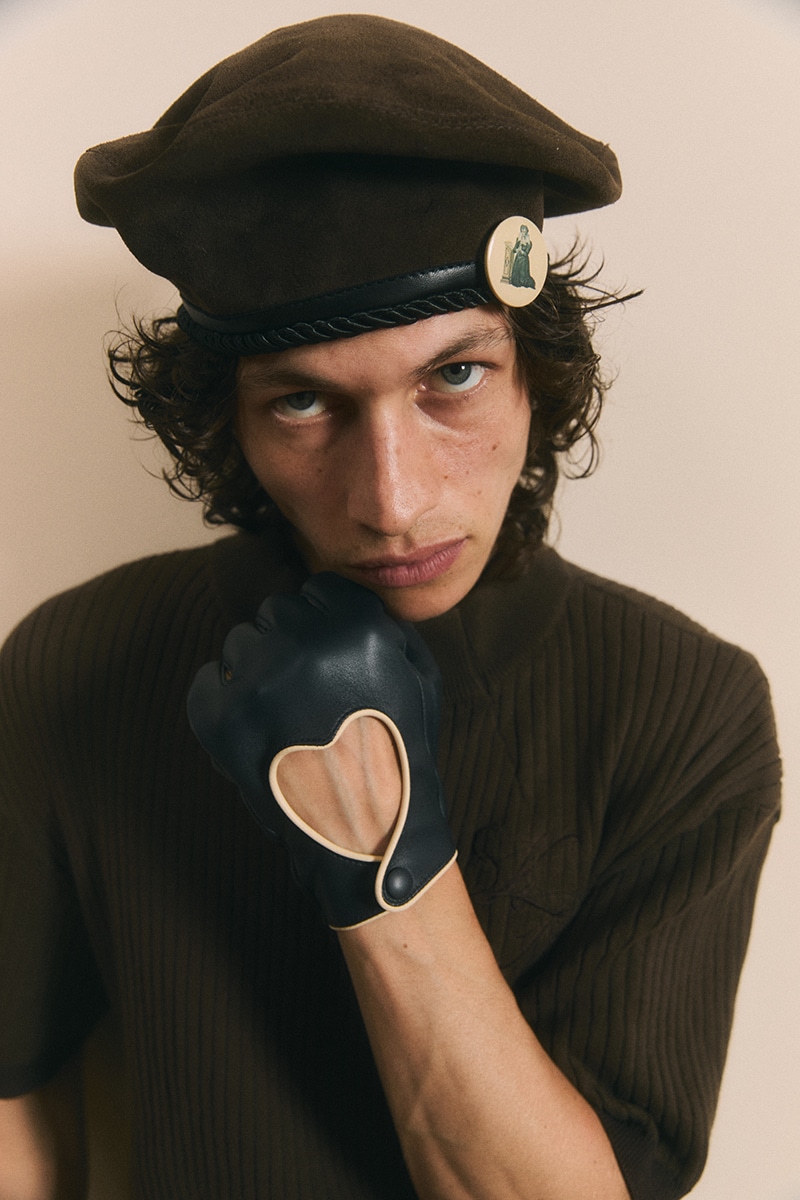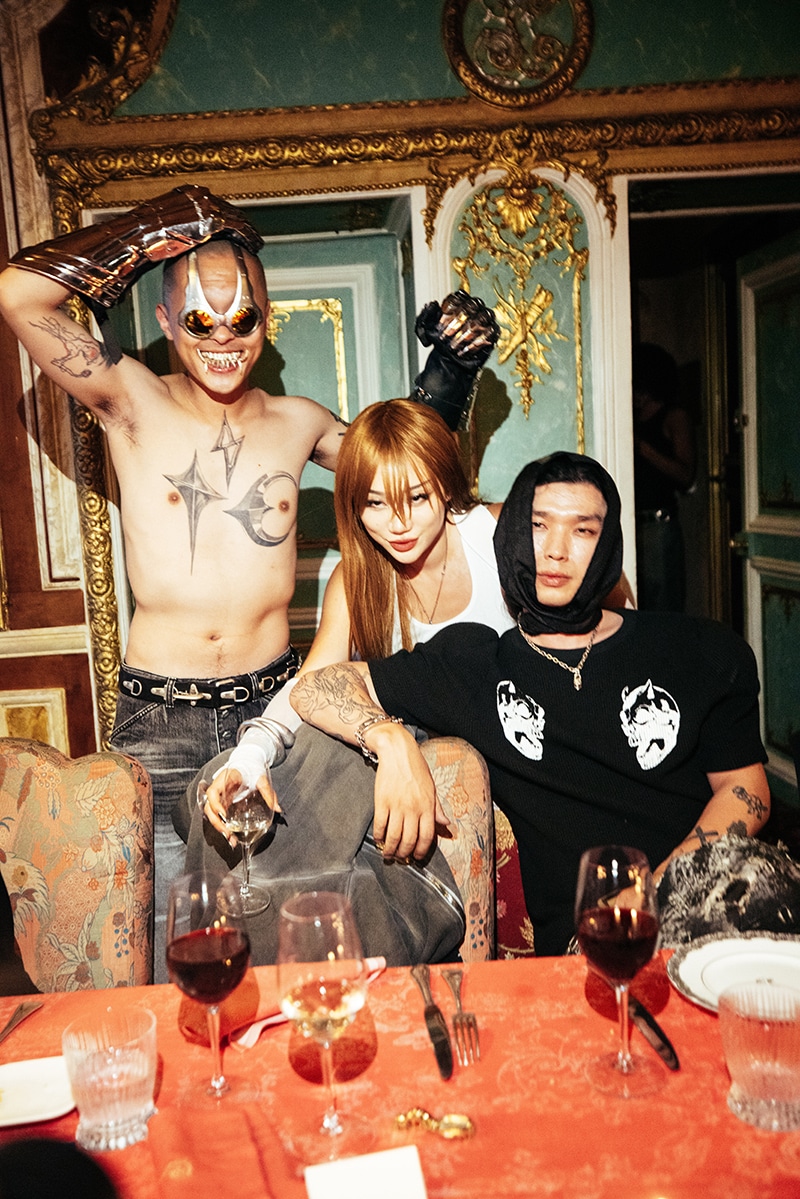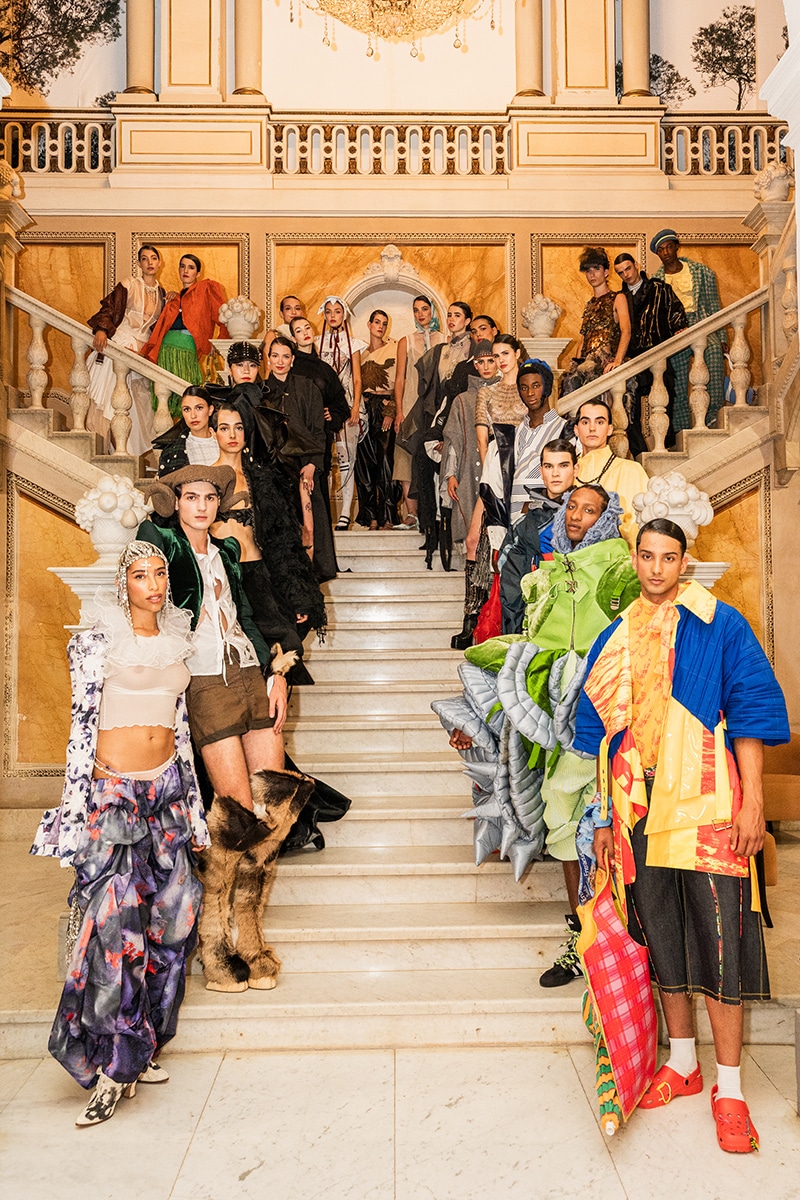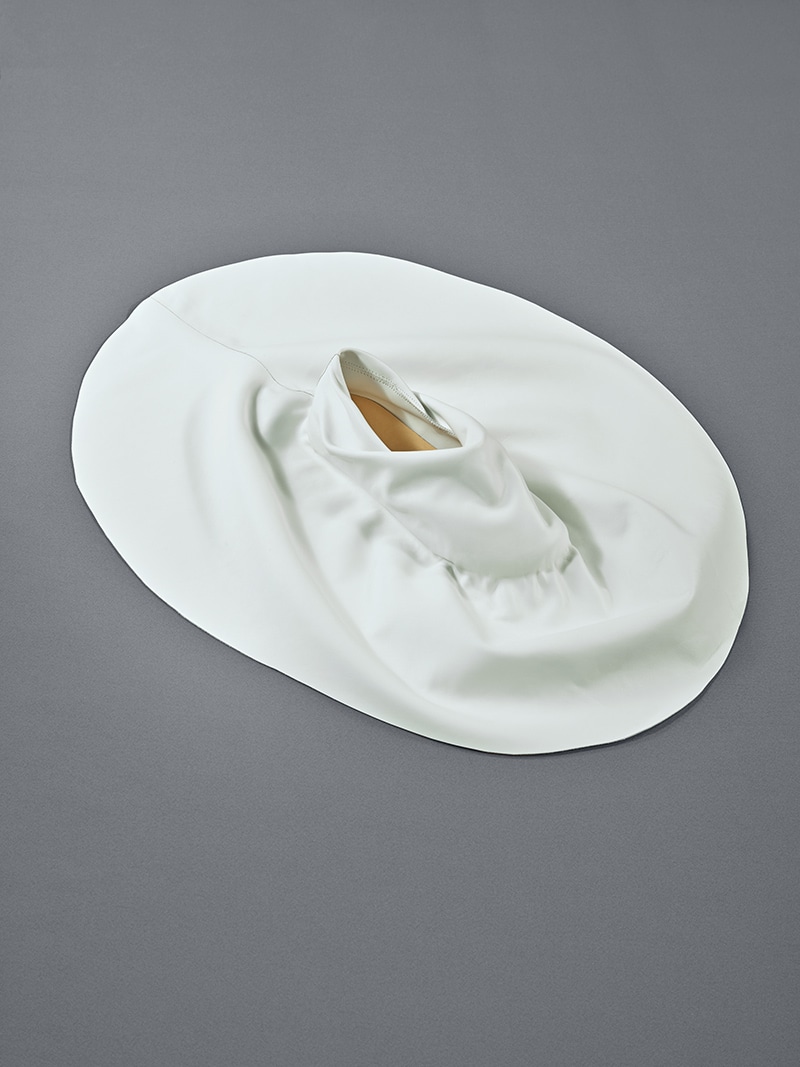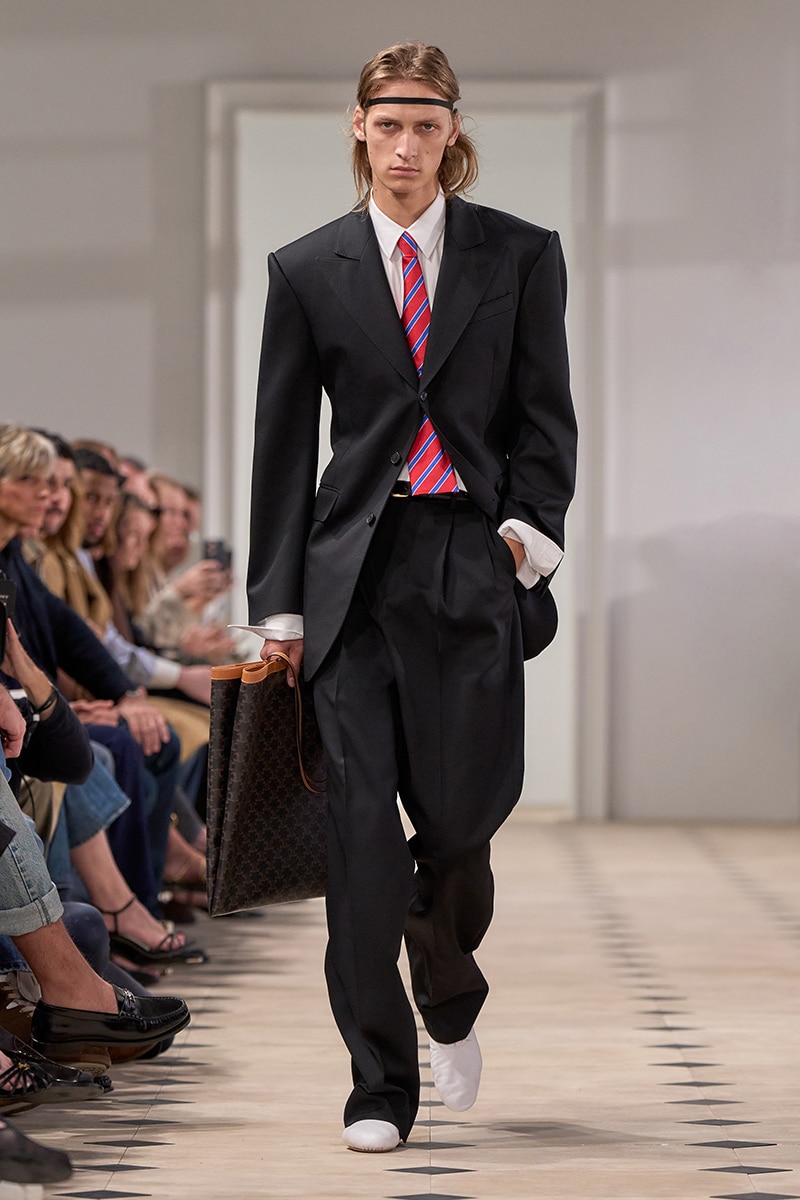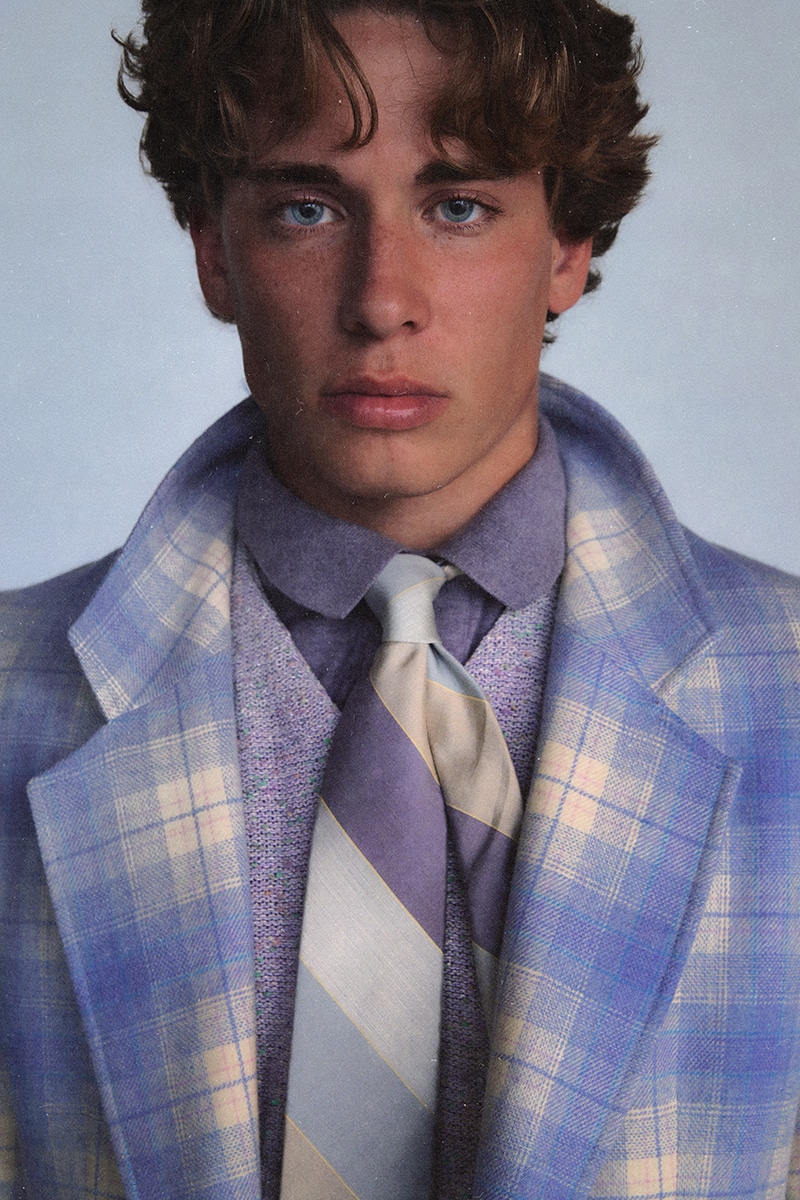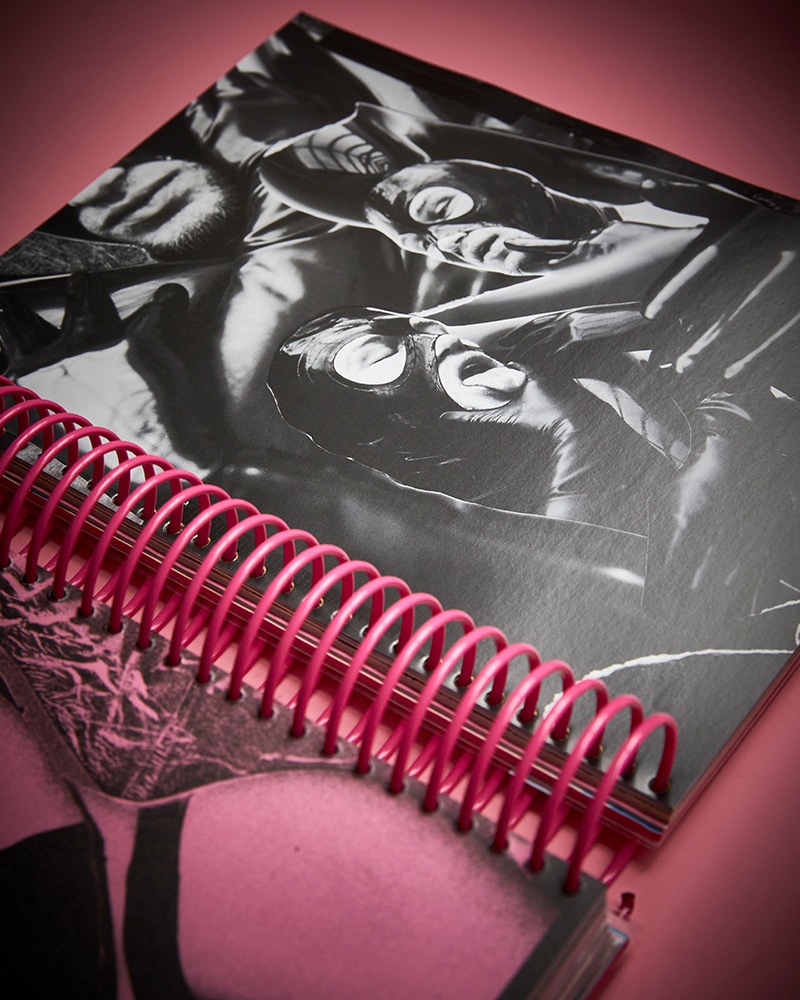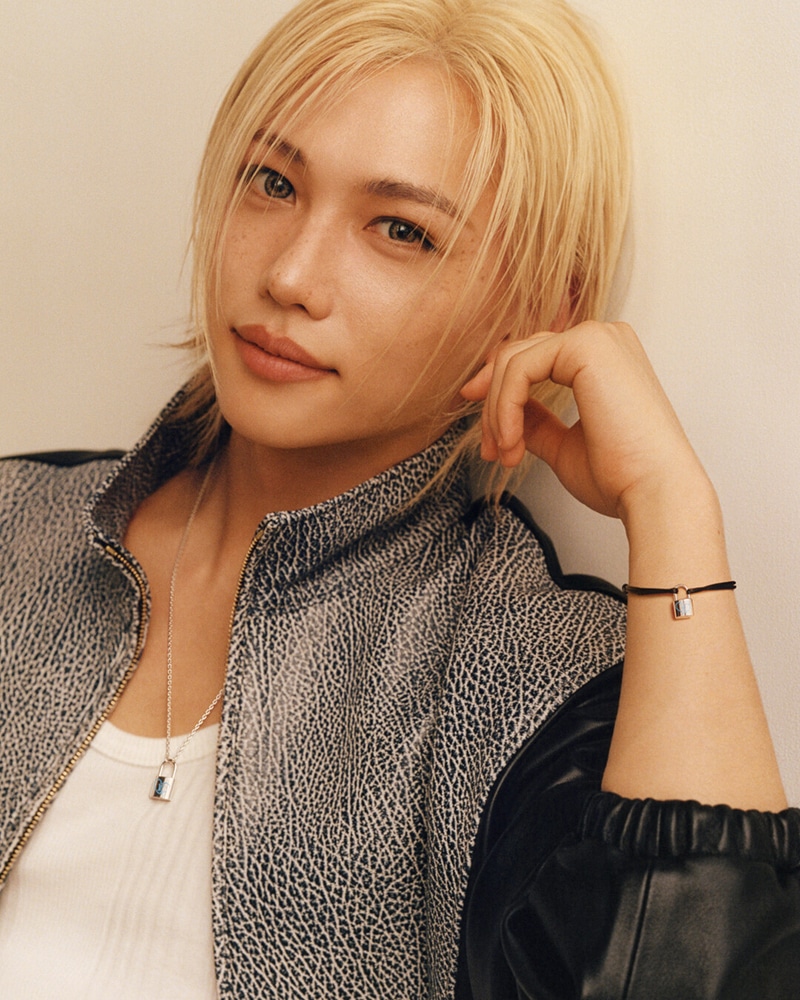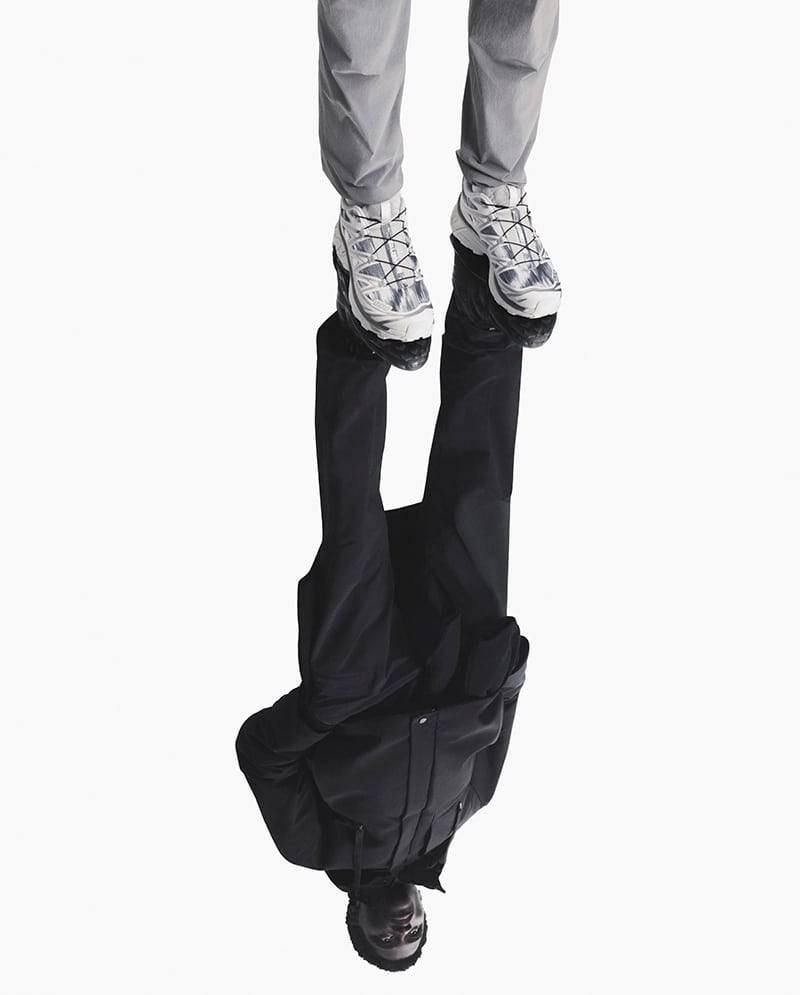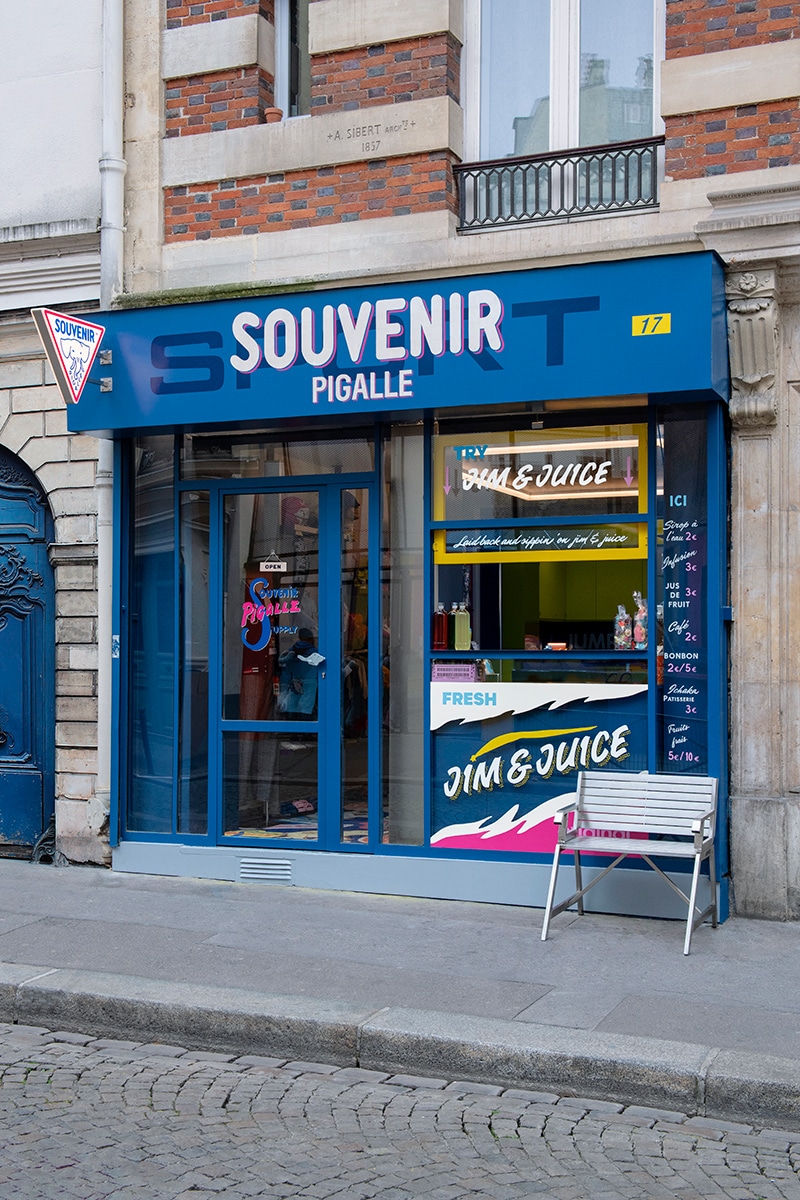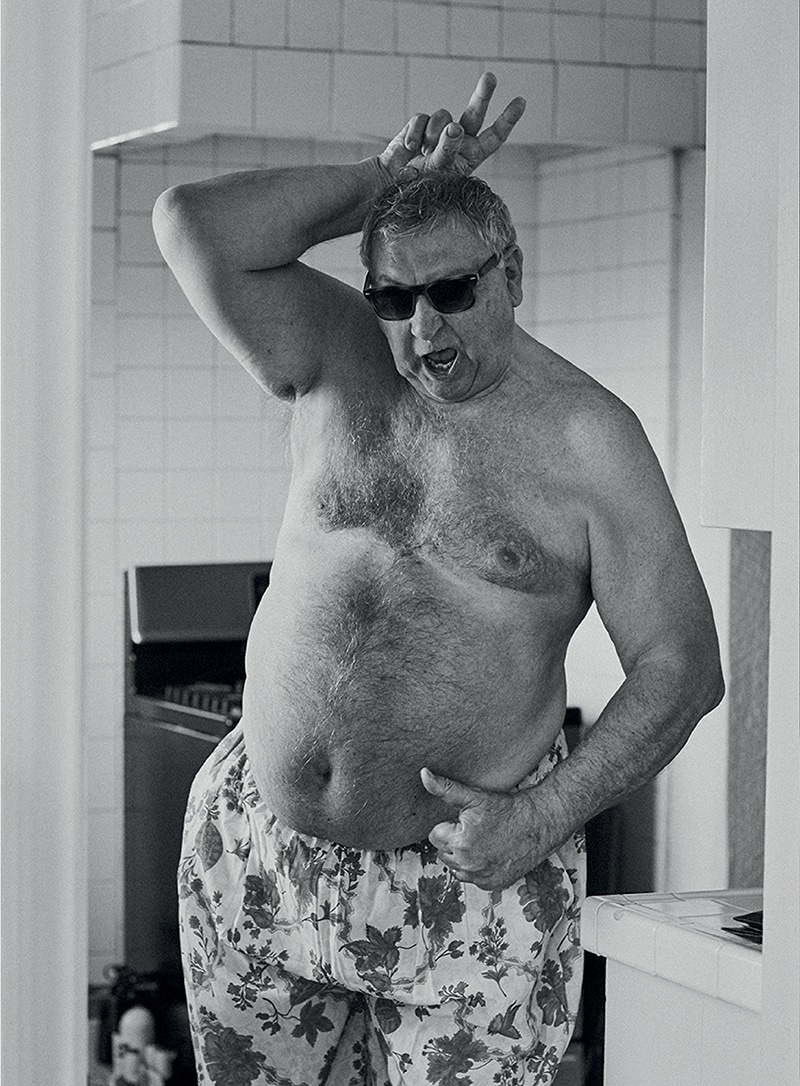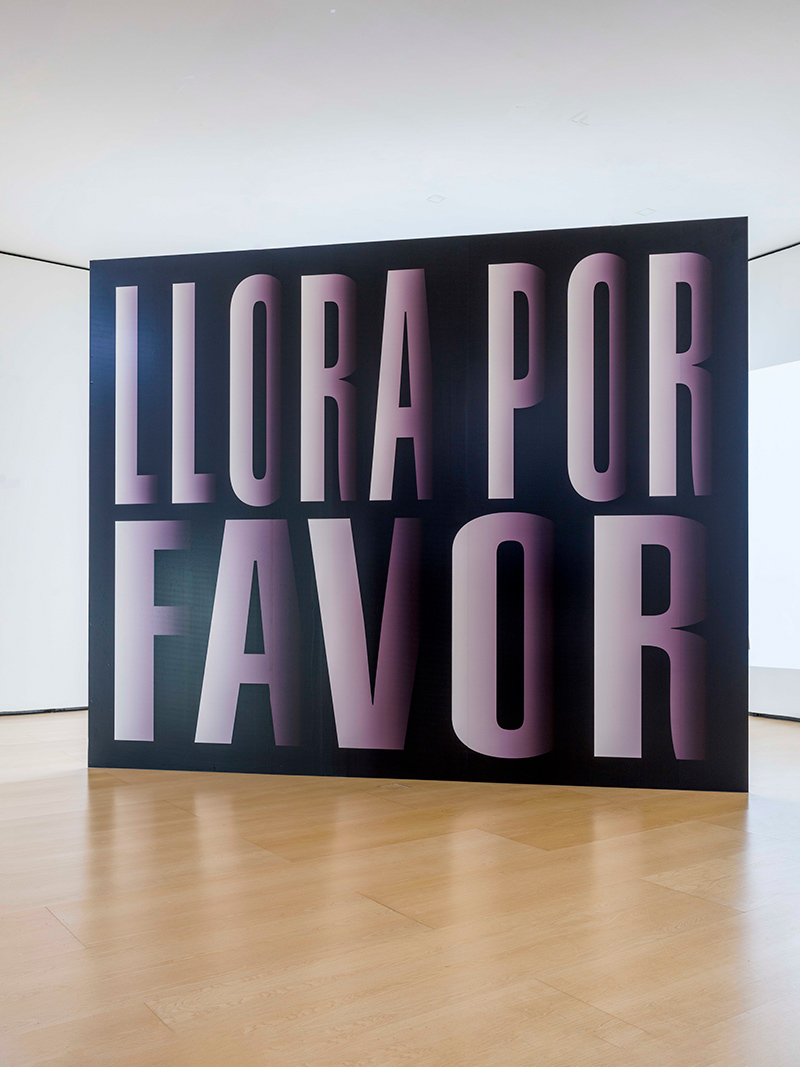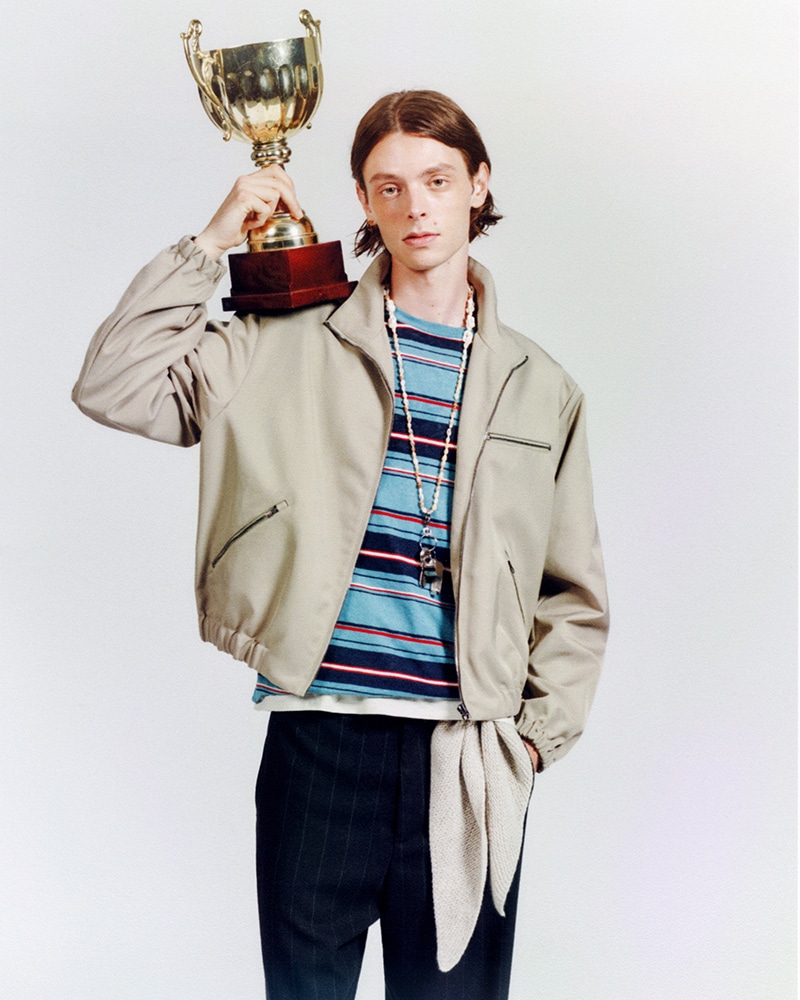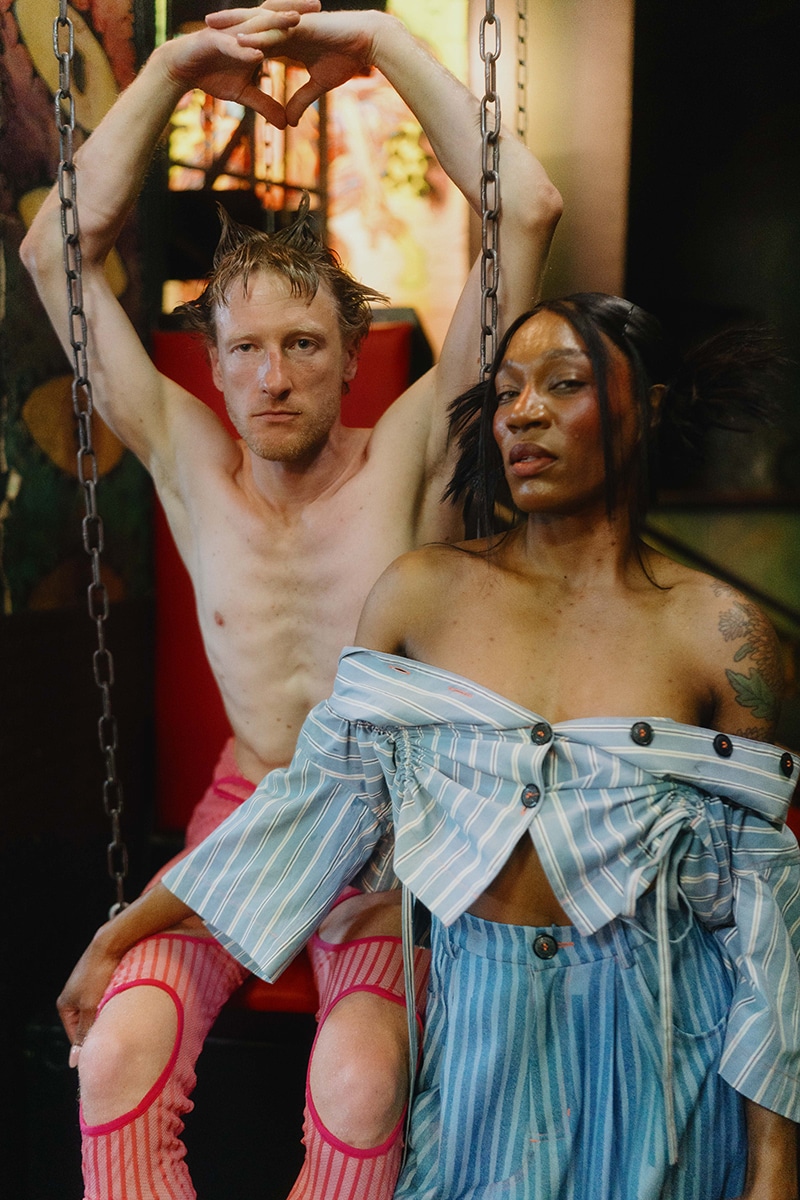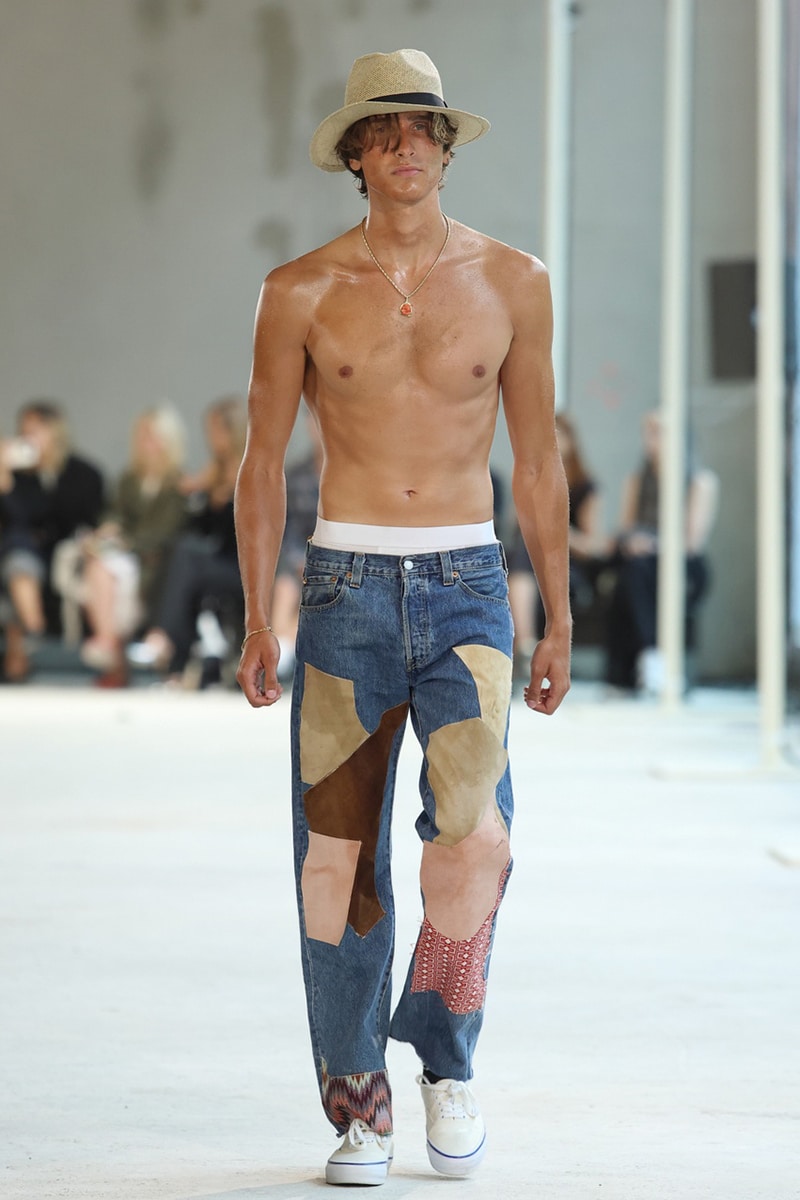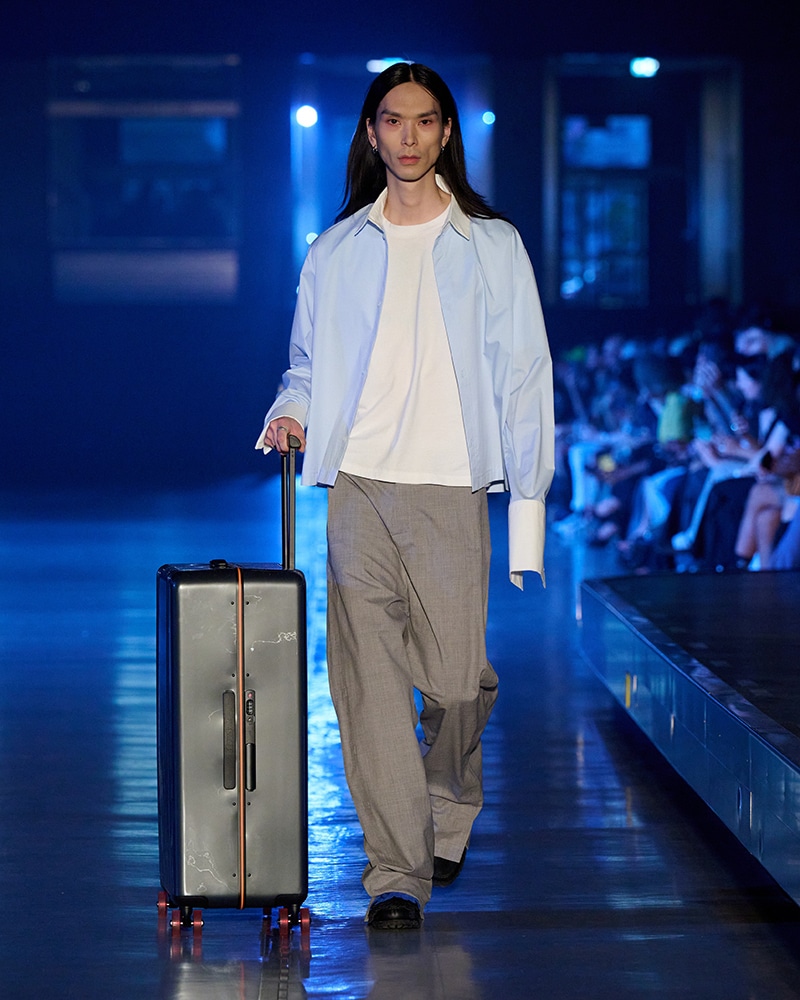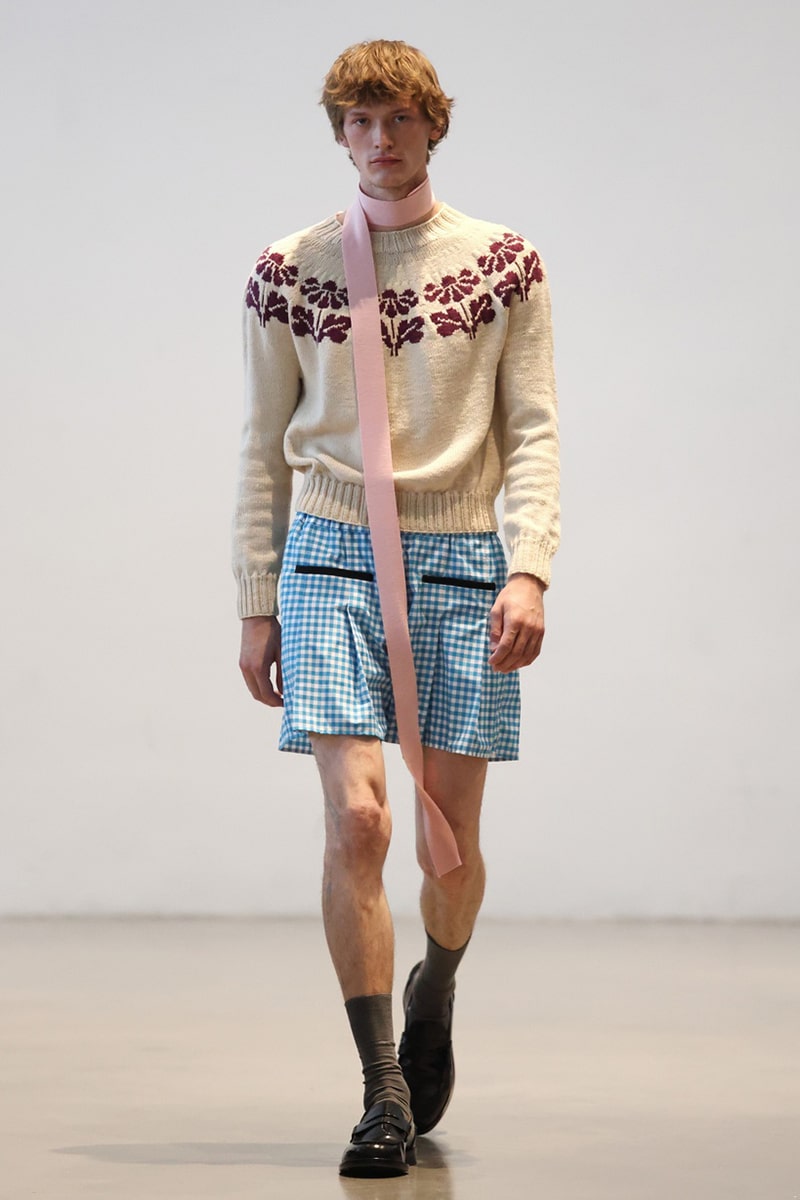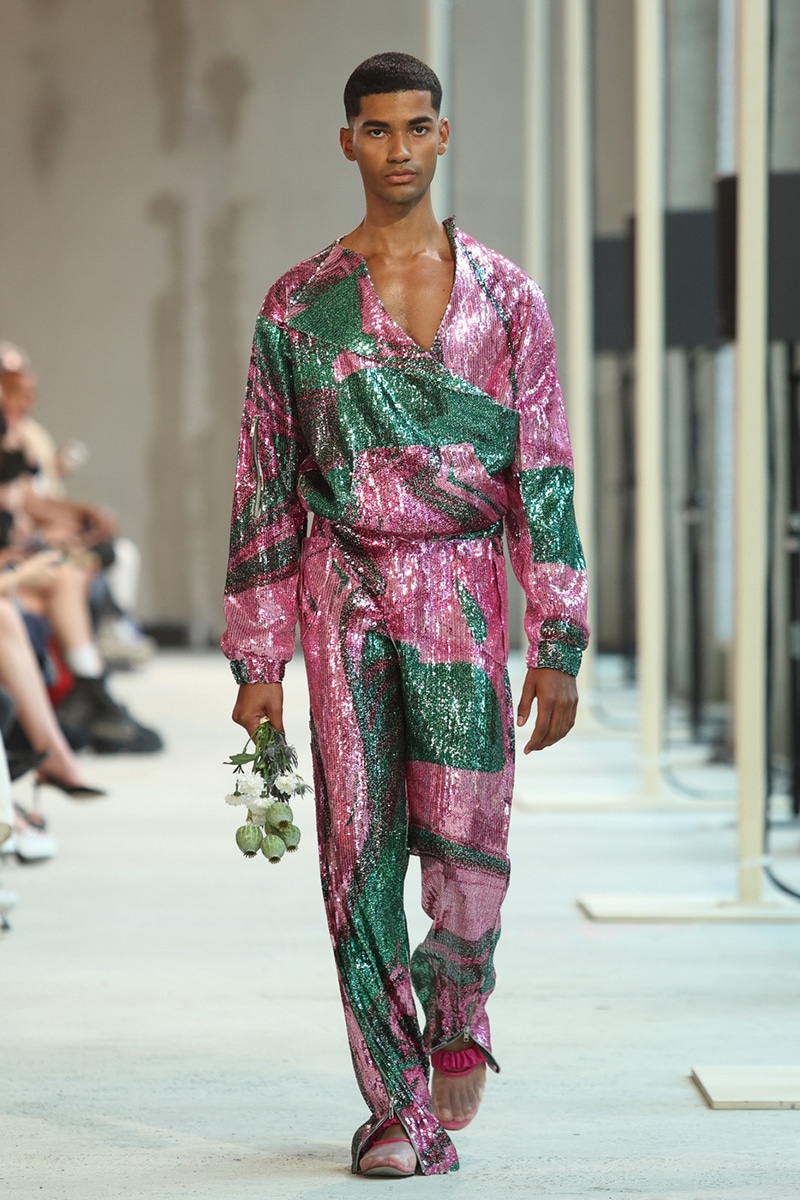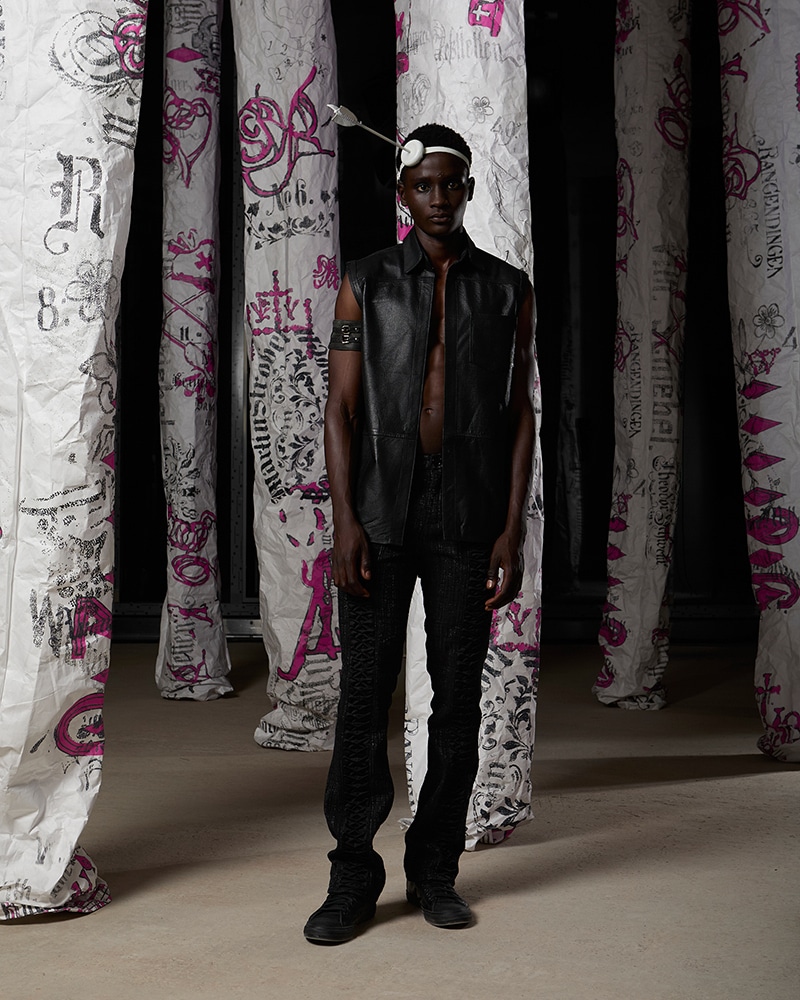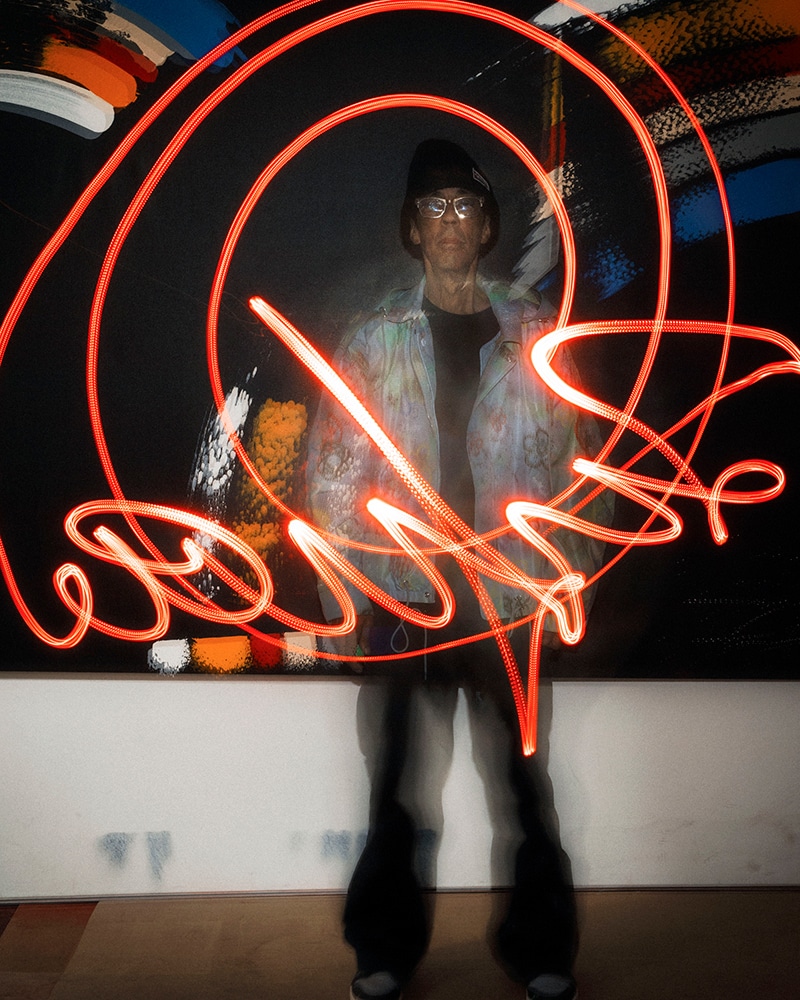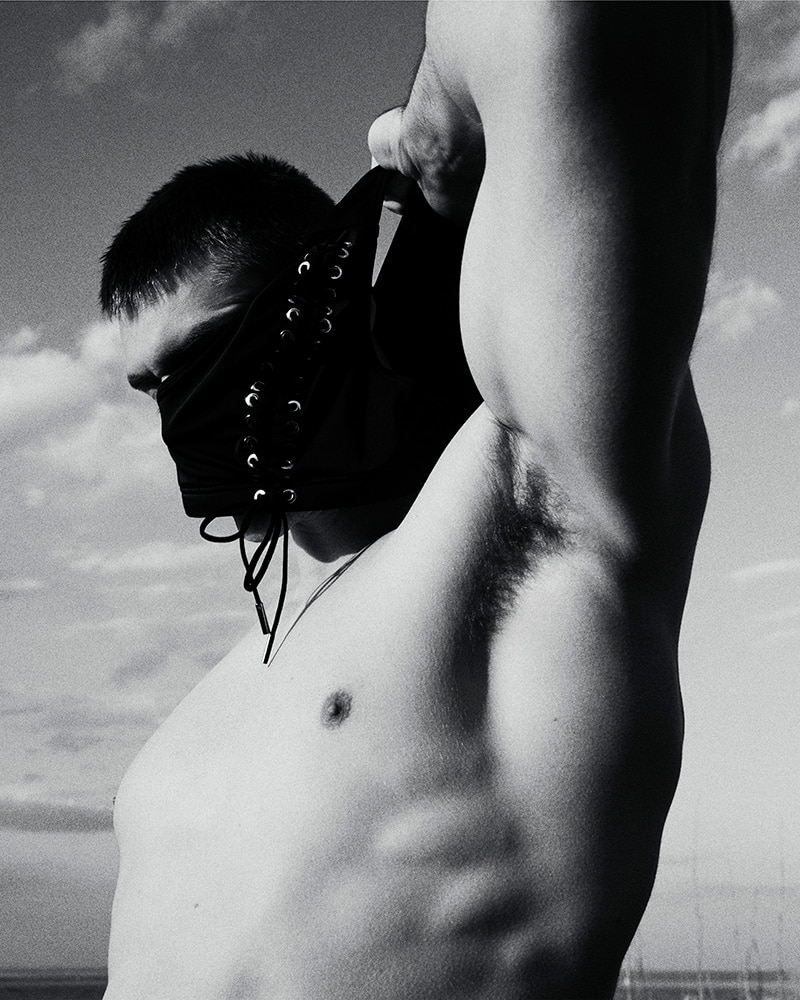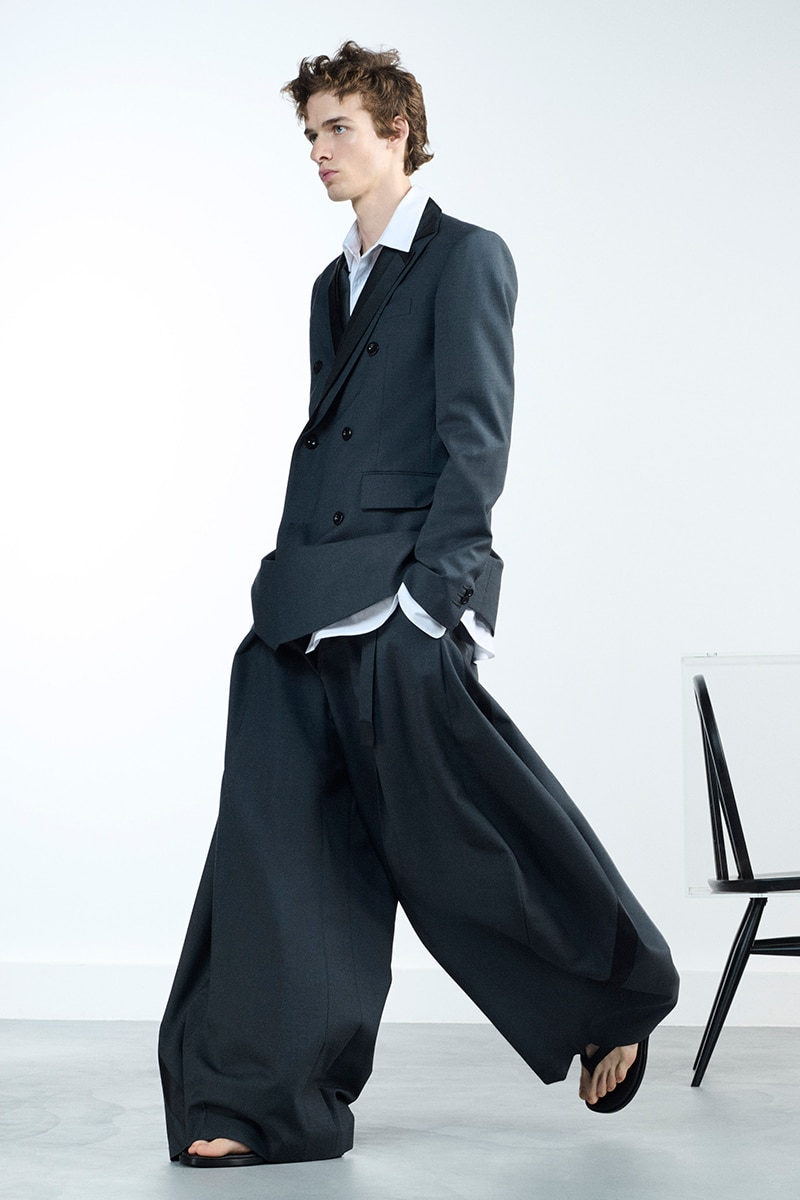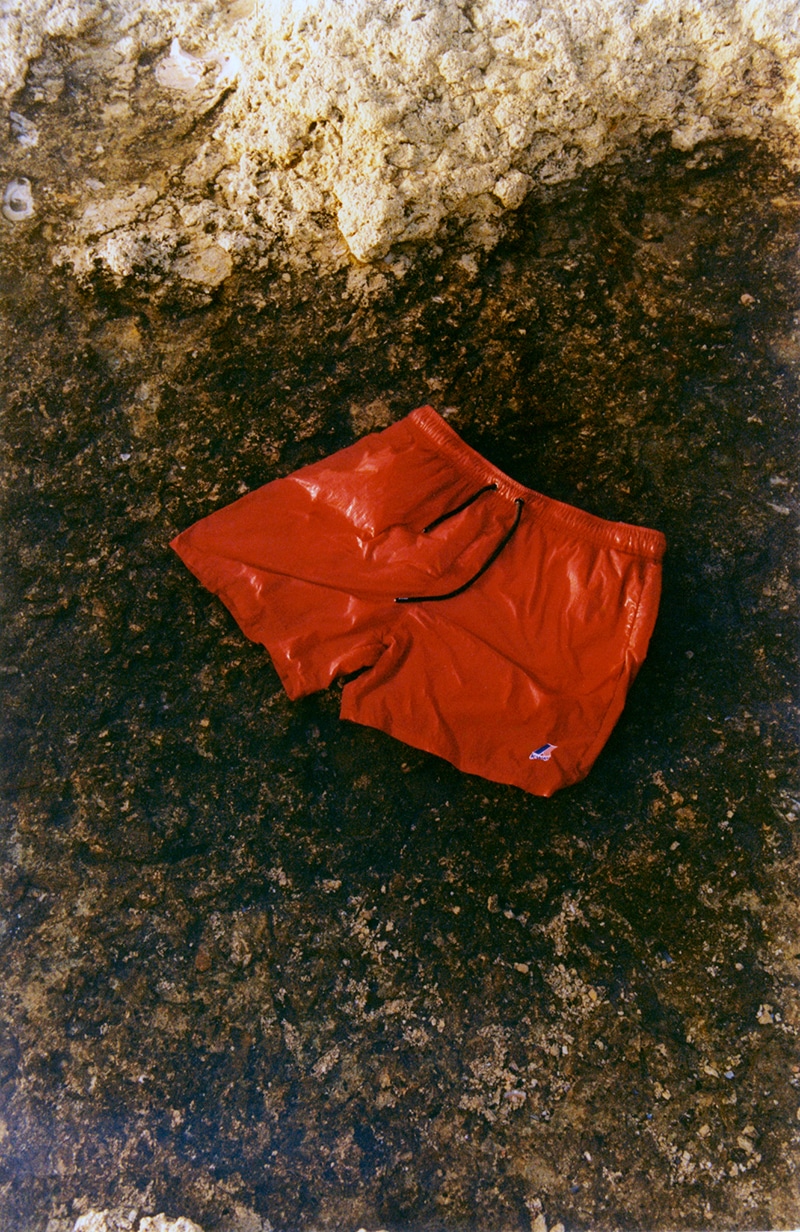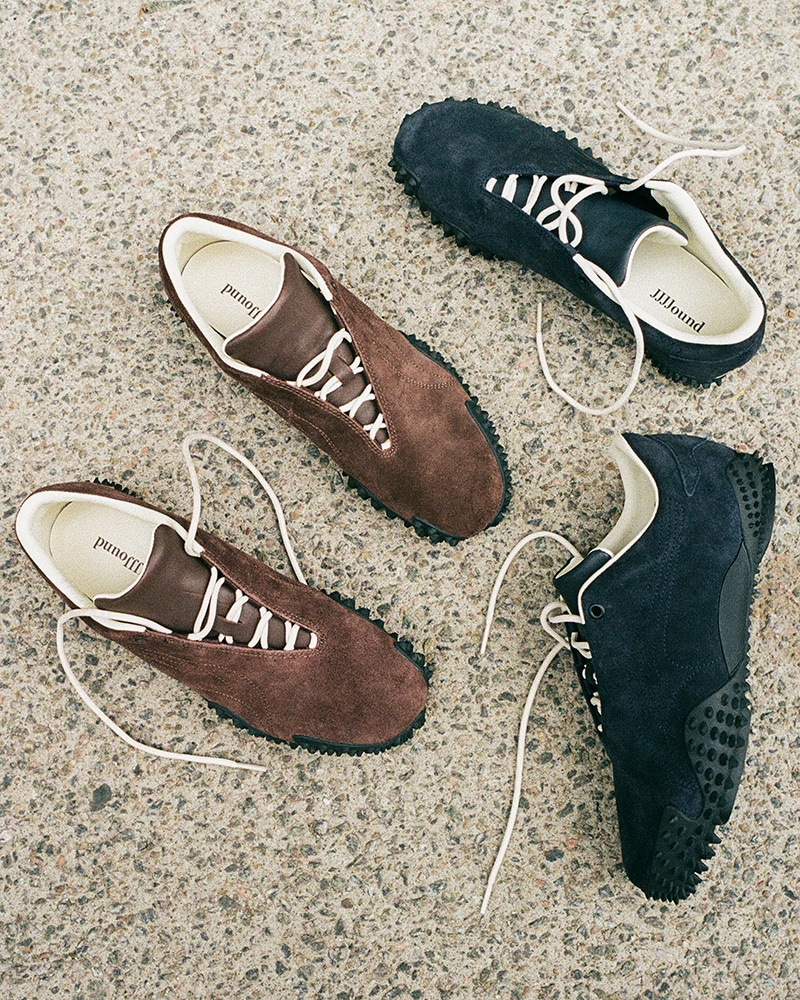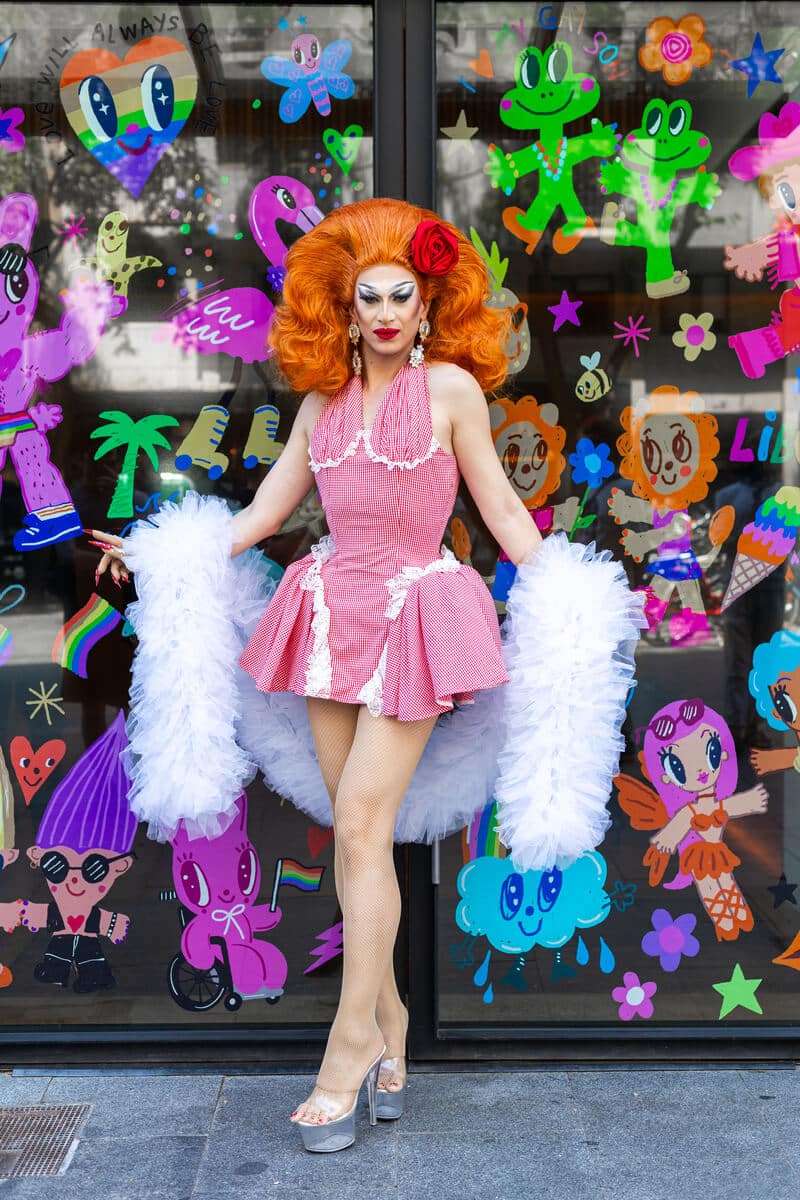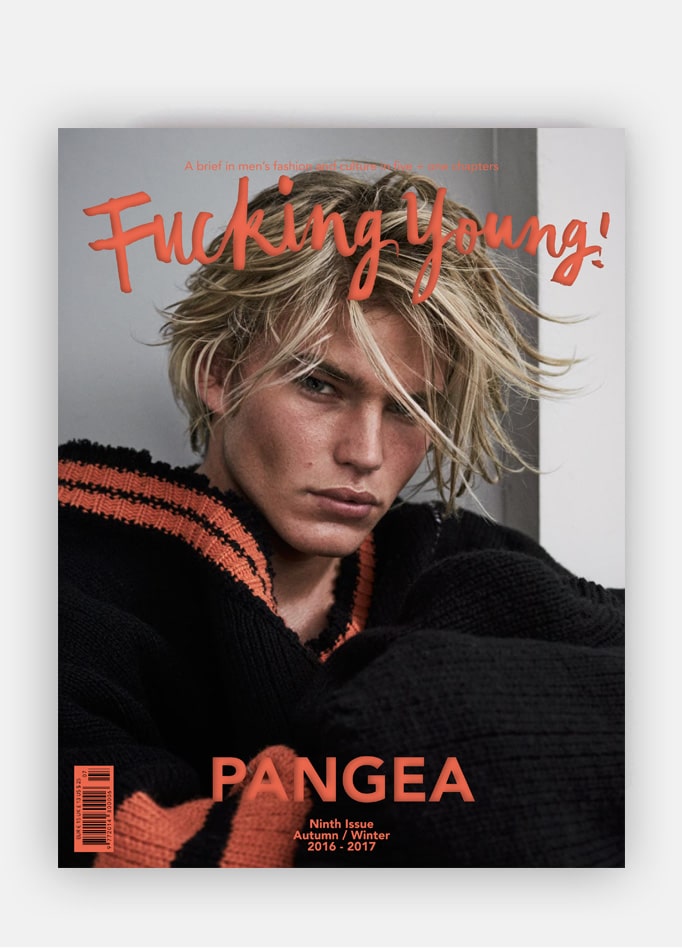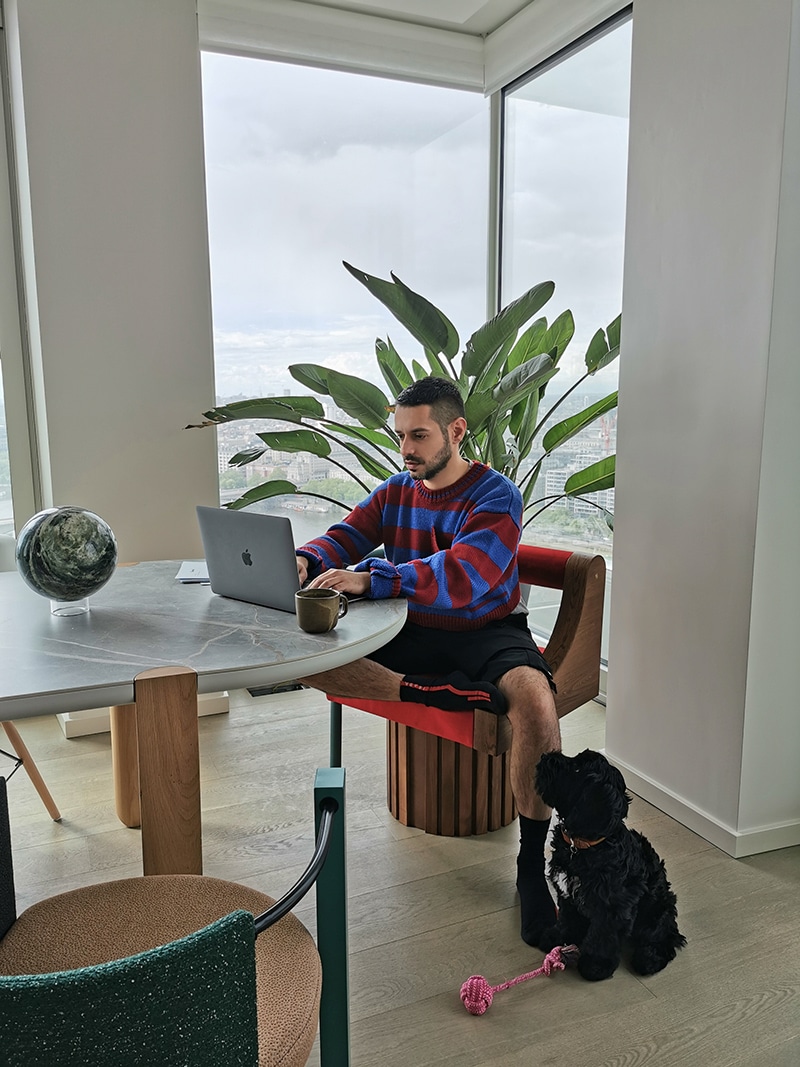
Trailblazers in fashion are subsequently pioneers in culture because really both fashion and culture complement each other. To many goal-searching onlookers, being atop of the much-coveted fashion ladder is a highly desired ambition. The galas, first-class invitations, exclusive shows, and more endeavors are something particularly lust after. But beyond the confines of all front-row fixtures, raised in Greece and now hailed by London’s multi-cultural drift we meet Stavros Karelis, the pioneer who has built up a reputation in Britain (and cross-globally) with no means of resting on his laurels. Somewhere in between overseeing a plethora of brands whilst keeping track of the buzziest trends, Karelis founded MACHINE-A, a London-based boutique for those who know their fashion, offering contemporary collections of urban-luxe designer households. “The leading cause of why I found myself venturing into the fashion business was because I’ve always prized a sense of community, collaboration, and togetherness, which in most cases lead to nurture the unexpected” he reflects. And as he promises no hints of stopping, I take that if you’re not familiar with this industry dynamo, take a moment to hit search – that’s if you haven’t already. “Know quality when you see it” Karelis clarifies, bristled by a penchant to thrive for an industry currently affected by outré disruptions. “This unprecedented crisis brings an unprecedented opportunity: a second chance to make things right because things weren’t working even before these circumstances,” he argues. In light of a pandemic that triggered major challenges to the entire system, Karelis comments on the socio-economic issues that price points should gain to help in adopting a much more ethical approach in consumer behavior. “The biggest argument of affordability and accessible pricing justifies a sector with a huge responsibility in environmental issues, establishing a consumer behavior of fast spending and fast disposing,” he remarks. Undeniably, with the fast fashion sector engaging in huge quantities of mass production, there’s a necessity to enact a collective effort to diminish excessive (and feeble) consumption. “Given our business models are all based on increased turnovers on year to year basis, can we shift those to reflect safer profit margins?” he ponders. The list is endless: keen to find out all we could, we grabbed five with Stavros and unpacked all-things career, industry downfalls, and pinned down the occurrences that may feasibly affect the fashion business post-pandemic.
How did you venture into the business?
When I graduated in Political Science from Law School University of Athens, I moved to London to do an MA degree in International Law. In the second year of my MA, I opened MACHINE-A, as by that point there were no retail spaces that showcased emerging designers and brands. I created MACHINE-A based on two principles: mixing emerging designers and brands with high-end households on the same rail, with a core focus on strong edit and directional merchandising, keeping everything gender fluid and not having dedicated spaces between menswear and womenswear.
Most importantly, as there’s been major changes that evolved the approaches and lanes across the business, how did you “make the cut?”
I think this happened gradually and as a result of hard work. I am grateful that this bold approach we took since the beginning with Anna Trevelyan in terms of store curation, which created a niche in the industry, got noticed from prominent people who I admired so much like Nick Knight from SHOWstudio, as well as Luca Benini of SLAM JAM, who became partners of the company at a very early stage, helping in establishing the business. At the same time our selection of designers got praise and appreciation from other industry members such as Sarah Mower, the Ambassador of Emerging Talent in the UK, who supported me and MACHINE-A so much. Mower also invited me to sit in the committee of NEWGEN, the official platform of BFC for emerging talent. I worked closely with Central Saint Martins and the Royal College of Art, and through discovering, nurturing, and showcasing emerging talents my job got noticed more and more. Certainly, when I became part of BoF500 in 2016 right until now, such a factor had a very big impact on our business. I have done many counseling projects for big organizations such as the Onassis Foundation and CIFF with the main focus on emerging talents. Finally, the first person that I think helped the business before anyone else was Raf Simons and his CEO Bianca Luzi, who trusted me with the brand since the opening of the store, which is something I will always be so grateful of, as they saw before anyone else that MACHINE-A had something new to offer. It had a unique approach and took the decision to trust me based on my selection as a buyer and not on criteria of how big my store was, or which brands we sell etc. That decision which came from the designer I absolutely believe is the best menswear designer ever existed, gave me the biggest strength to work hard and follow my instinct.
What drew you to delve into the creative façade of the industry?
I think it was the notion of community, collaborating, and bringing people together to do exciting and unexpected things. I think it’s an industry that for the really talented, visionary, and hardworking people they can move forward in their careers and achieve many things, as long as they are patient and true to themselves and the people they work with. Ah, and kind! A huge plus.
Ver esta publicación en Instagram
In times of turmoil and global disruption, do you feel fashion is taking the right steps to change for the better?
I think fashion as part of the system reflects the socio-political and financial environment we live in. Whether it takes leading steps is another matter per se, but I do think it reacts and it takes the right steps even if sometimes are slow or smaller from what is anticipated. The problem is that our industry is too big to be able and move as a whole. But when it does it has tremendous impact and I feel now is doing it.
If so/or not, could we elaborate on the measures that fashion could enact in order to thrive for a much better environment?
I think that right before COVID-19, our industry took great initiatives and activated a strong plan of action with regard to sustainability, gender fluidity, and inclusivity. Fashion can play a huge part in those matters, as one of the most powerful industries worldwide. I hope and I feel our industry won’t shift from those priorities post-COVID-19; rather. The situation will ensure those priorities are included as part of a whole re-structure of our system, which will allow decisions to be even bolder and much more effective than ever imagined before. I firmly think now is the time for this.
Touching on the cycle of fashion (and its occurrences) – do you believe that the current Covid-19 condition will hinge something revolutionary and trigger a radical scheme of progression?
Absolutely. This unprecedented crisis brings an unprecedented opportunity, a second chance to make things right because things weren’t working even before COVID-19. I think the pandemic with its severe effects brought us to deal with those issues much more rapidly and without allowing any postponements or beliefs that we can carry on doing what we did before. If anything, we have now realized how fragile the system was, how in many ways was failing before our eyes, but we were all afraid to even share those thoughts. Now when the unthinkable and unimaginable is part of our everyday lives, it allows us to become brave again, to question, and to build a system that works and represents the current world we live in and safeguards the future generations. I don’t understand the expression of ‘new normal’ that people are using. I hope we don’t go back to the ‘normal’. Moving ahead together, united, and led by no fear, we can build a system of values truly representative of what people need and want. And one of the main needs is to invest in culture that has meaning.
How do you envision the future of fashion, trends, and the whole creative avenues?
I hope that fashion will survive this and come out stronger with all the right changes. The situation we are currently in leaves very little hope, I understand this, as businesses in each sector are struggling with cash flow, with massive unsold stock inventories, people losing their jobs, and unpredictable customer behavior. There is uncertainty and decisions are very hard to make in this context. I hope for now people and businesses will work closely together with mutual understanding and transparency and survive the next 6 to 10 months. At the same time, we have to understand that the system needs to change, production has to be seriously minimized, the number of shows throughout the whole year have to get minimized, and allow time to designers to create, and stores to be able and have products for a much longer duration which will allow customers to truly connect with brands and products, to be informed and somehow re-educated to buy less but buy better. To focus on creativity and craftsmanship instead of what’s new. We are all responsible for this and I hope if we work together as a whole, we can achieve this.
In terms of the Coronavirus pandemic: will it eradicate fast fashion once and for all?
I hope it will. There is nothing truly valuable in this. The biggest argument of affordability and accessible pricing justifies a sector with a huge responsibility in environmental issues and establishing a consumer behavior of fast spending and fast disposing. This mentality needs to change. Buy less and save to buy something that will last longer and has been produced with sustainable purposes. Buy vintage and second hand. But nothing that comes out of fast fashion adds to the positive spectrum of where fashion should be heading to, in the future.
Digging (deep) into the shifts in consumerist culture: what could be the next go-to code of conduct that we will embrace from a global perspective?
I think consumers have huge power in dictating what will survive in fashion. In the same way that voters have power in casting their vote; consumers, when they hand their money or cards, are ‘casting a vote.’ I hope they will cast their vote by supporting independent businesses, independent designers, brands that are trying to do the right thing, are transparent with their production chain, are valuing craftsmanship, hard work, and creativity. If consumers show their support on this, they will make it an establishment. Their behavior will dictate the future of fashion and I hope this time they will prioritize a system of values and consciousness instead of overconsumption and fast fashion.
Lastly, as a possible recession might be in the loom, what answers are you expecting the creative industry to be clinging onto post-pandemic?
How to change a system that has been established for so long and if we change it, can we build a system of buy less but buy better? Given our business models are all based on increased turnovers on year to year basis, can we shift those to reflect safer profit margins? True value is on this and not increased sales and a model based on more and more. How we protect businesses to trade fair and share the same principles, promoting sustainability, inclusivity, and equality. How do we protect the less powerful? How do we create a system of real values? For the first time in modern history, humanity has been affected as a whole. And given the universal experience, a one-in-a-life-time chance to change our priorities and be different. Becoming better, together.
